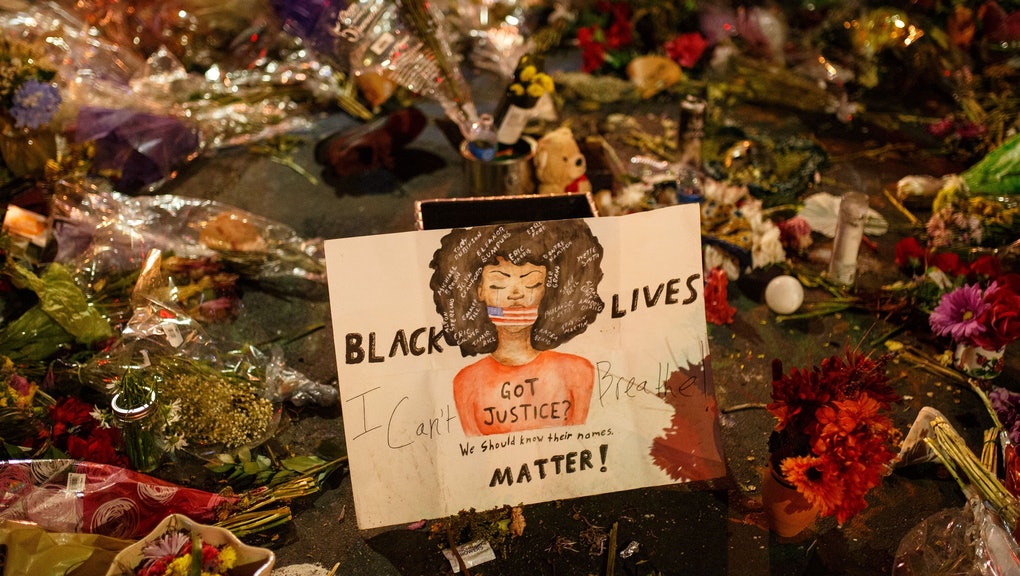
I was an organizer in Minneapolis for years. This moment was a long time coming
June 2, 2020On Memorial Day, four Minneapolis police officers — Derek Chauvin, Tou Thao, Thomas K. Lane, and J. Alexander Keung — responded to a call on the city’s south side. There, officers handcuffed and brought George Floyd, a Black man, to the ground. Bystander video of the incident shows Chauvin kneeling on Floyd’s neck for 8 minutes and 46 seconds until he died. In response, Minneapolis ignited with protests, as demonstrators even reclaimed — then burned — Minneapolis’ 3rd police precinct building, where each of the four officers worked. Protests have since spread across the country, with cities like Los Angeles, Baltimore, Philadelphia, and Washington, D.C., seeing their own demonstrations. To many, this is the beginning of a revolution, all spurred by what seems like an unassuming city.
Let’s face it: Minneapolis doesn’t invoke images of a Black city. I know because I was born and raised in Minnesota. I organized in Minneapolis for years, including co-founding the now-defunct Black Liberation Project, a grassroots collective of Black youth. As someone from Minneapolis, I get a lot of jokey comments from people when they meet me, like “Oh, they’ve got Black people up there?” For a major city, Minneapolis is tiny, with a population of under 450,000. Just less than 20% of those people are Black.